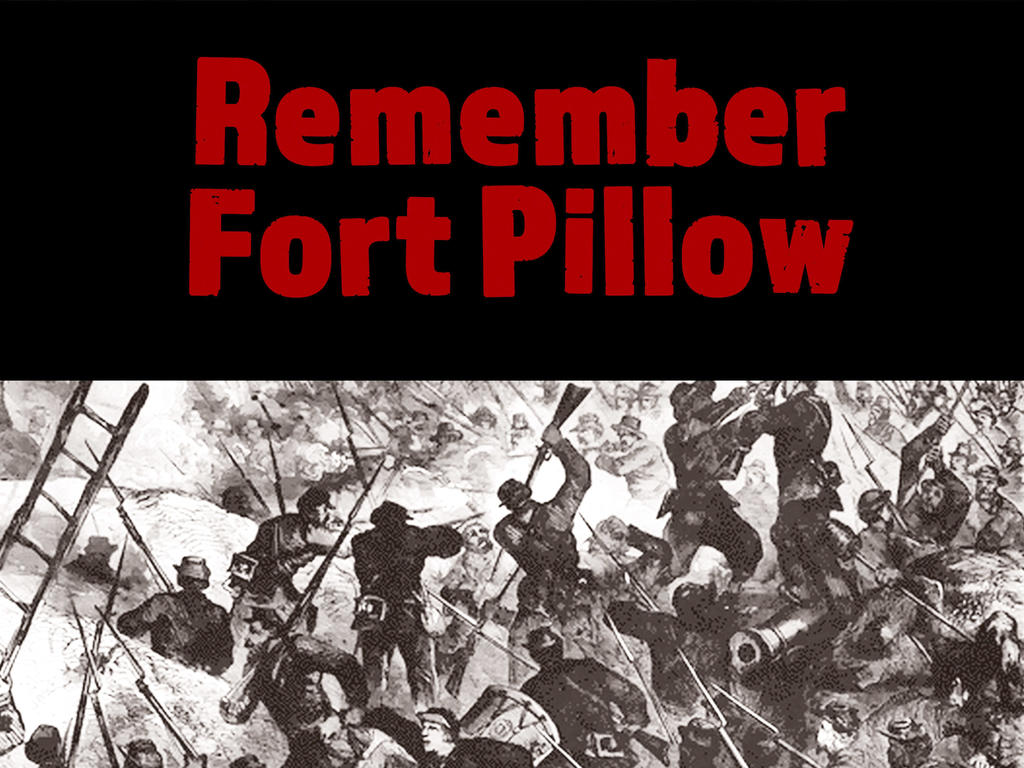Remember Fort Pillow, a documentary film produced and directed by Professor Dee Garceau of the Department of History, along with 14 history students from Rhodes, will be featured at the GI Film Festival (GIFF) in Washington, D.C. The massacre at Fort Pillow was a racialized atrocity that took place during the American Civil War. Although Congress investigated the incident in 1864-65, by the end of the 19th century, public memory of the massacre was silenced. Histories of the Civil War neglected the incident, or dismissed it as insignifcant. Not until the 1950s did two historians recover evidence that indicated a wartime atrocity. They published their findings in a scholarly journal, but conventional histories of the Civil War and U.S. history textbooks remained mum on the issue. Only recently, in the 21st century, did researchers revisit the incident and demonstrate evidence of a racialized massacre.
Garceau organized an undergraduate history seminar to research the event and produce a film based on this work. Students did close readings of War Department interviews with survivors, and weighed those against records from the Congressional investigation of the incident. They unearthed President Lincoln and his cabinet's responses to the incident, and explored both Northern and Southern newspaper accounts of Fort Pillow. Students traced shifts in public memory of the incident, from outrage in the immediate aftermath, to the long silence that followed, and finally to critical investigation in the wake of the Civil Rights movement. Student researchers raised questions about the politics of race in the Civil War South, the disruption and redefinition of white and black masculinities, the lines between battle and murder in modern warfare, and uses of the press as progaganda. Students conducted filmed interviews with historians, asking them to reflect on these larger issues. Students also researched period photographs and shot scenes on location at the Fort Pillow site. Finally, students pieced together a story arc exploring the massacre and its significance in Southern history, African American history, and U.S. history. The result is a film that has earned screenings at major film festivals such as GIFF.
